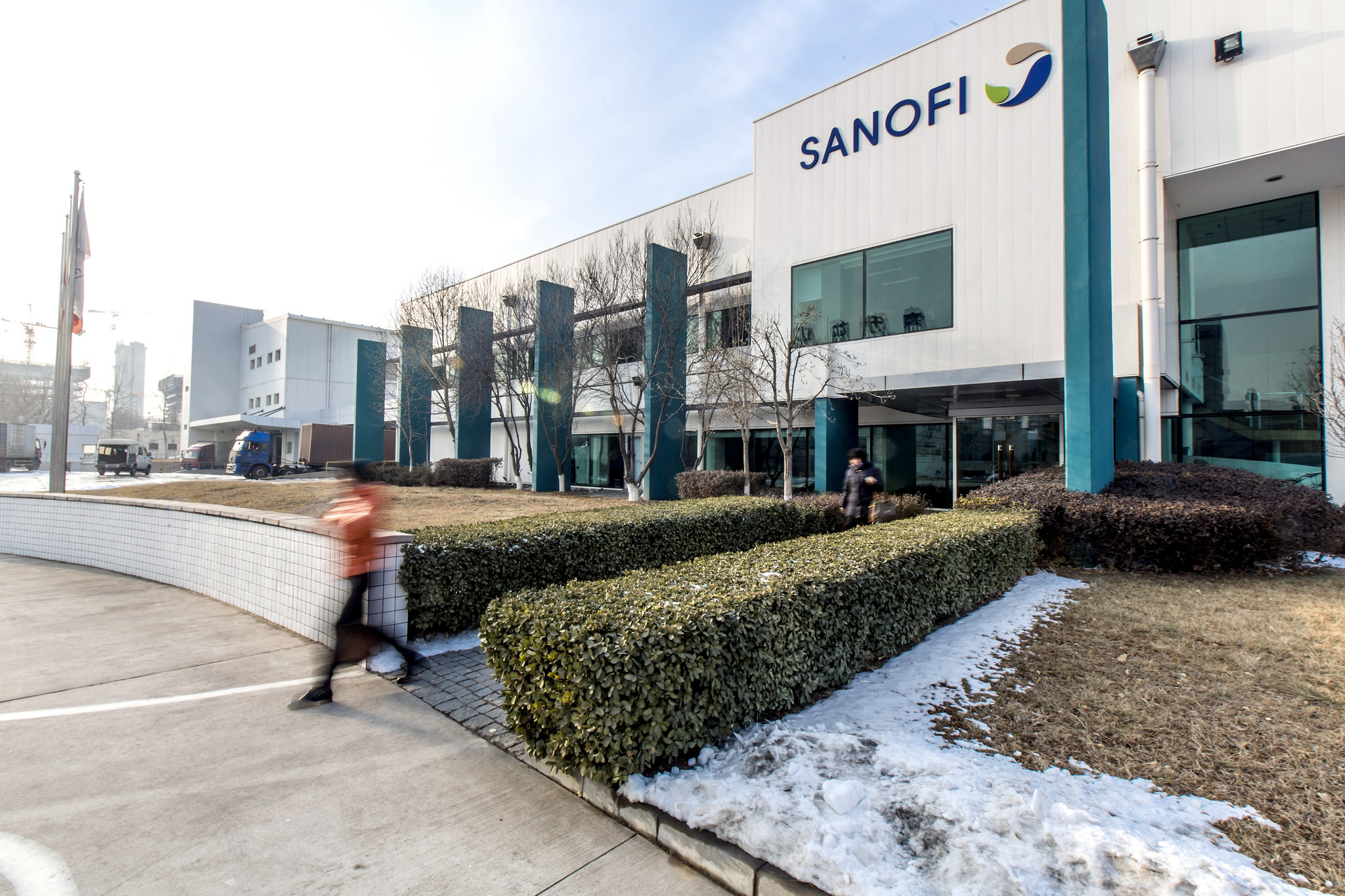Sanofi/Alnylam's haemophilia drug hits another safety speed-bump

Sanofi’s attempt to take on Roche with a ground-breaking approach to treating haemophilia has hit a setback after the company voluntarily placed its late-stage trials of fitusiran on hold because of safety issues.
The news that phase 3 development has been put on hold was not announced by the French pharma, but in a joint statement from three haemophilia patient groups.
Sanofi’s management has highlighted fitusiran, a potential competitor to Roche’s haemophilia A drug Hemlibra, as one of the most important drugs in its pipeline.
Fitusiran is being developed for haemophilia A and B in partnership with RNA interference (RNAi) specialist Alnylam – but has already been affected by safety issues.
Alnylam temporarily halted a phase 2 trial in 2017 after a blood clot killed a patient but research resumed in late 2017 after the FDA and Alnylam agreed on new clinical risk mitigation measures.
In a joint statement the World Federation of Hemophilia, the European Haemophilia Consortium and the National Hemophilia Foundation said Sanofi had voluntary put the full development programme on hold “due to the identification of new adverse events”.
In a research note a team of analysts from Jefferies said that fitusiran is unlikely to make difference to Sanofi’s bottom line but could be a “key catalyst to invigorate belief” in the company’s drug pipeline.
According to Jefferies the trial was put on hold to allow investigations of “non-fatal thrombotic events” on 30 October.
Jefferies said it remains unknown if these events are treatment-related or reflect existing illnesses in patients.
The safety events were perhaps compounded by COVID19, which has been associated with abnormal blood clotting in some serious cases.
In the note the Jefferies team led by Peter Welford said that “a setback would likely be perceived negatively for sentiment, particularly as belief in the pipeline is beginning to be built.”
This is likely a reference to Sanofi’s success with Dupixent (dupilumab), developed in partnership with Regeneron for disease including asthma and eczema, which has helped revive the company’s fortunes since a first approval in 2017.
Alnylam’s RNAi technology uses small interfering RNA molecules to target strings of defective RNA molecules in cells, preventing them from coding disease-coding proteins.
A Sanofi spokesperson said in a statement: "The safety of patients in our clinical trials is of the utmost importance. Which is why on Oct. 30, we voluntarily paused dosing and enrolment in the ongoing fitusiran clinical studies to allow investigation of reports of non-fatal thrombotic events in patients in the trials.
"This decision is in alignment with the independent external Data Monitoring Committee. Sanofi is currently engaging with regulatory authorities and assessing relevant trial data. During this pause in dosing and enrolment, all other trial-related activities will continue.
"Patients enrolled in fitusiran clinical trials often have other health issues and various co-morbidities, which may be complicated by the current COVID-19 pandemic."
Updated to include statement from Sanofi












